Three months into General Khalifa Haftar’s westward offensive, militias aligned with the UN-recognized Government of National Accord have slowed down the Libyan National Army’s advance on Tripoli.
Videos
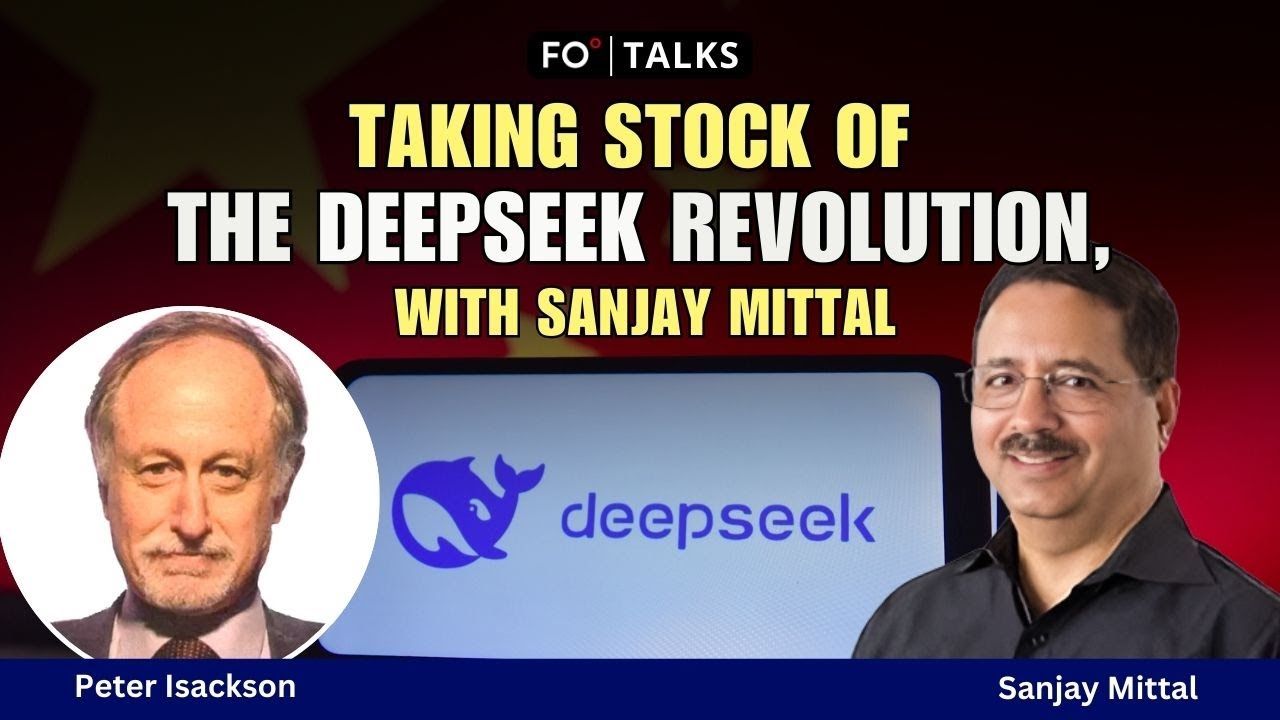
FO° Talks: Taking Stock of the DeepSeek Revolution, with Sanjay Mittal
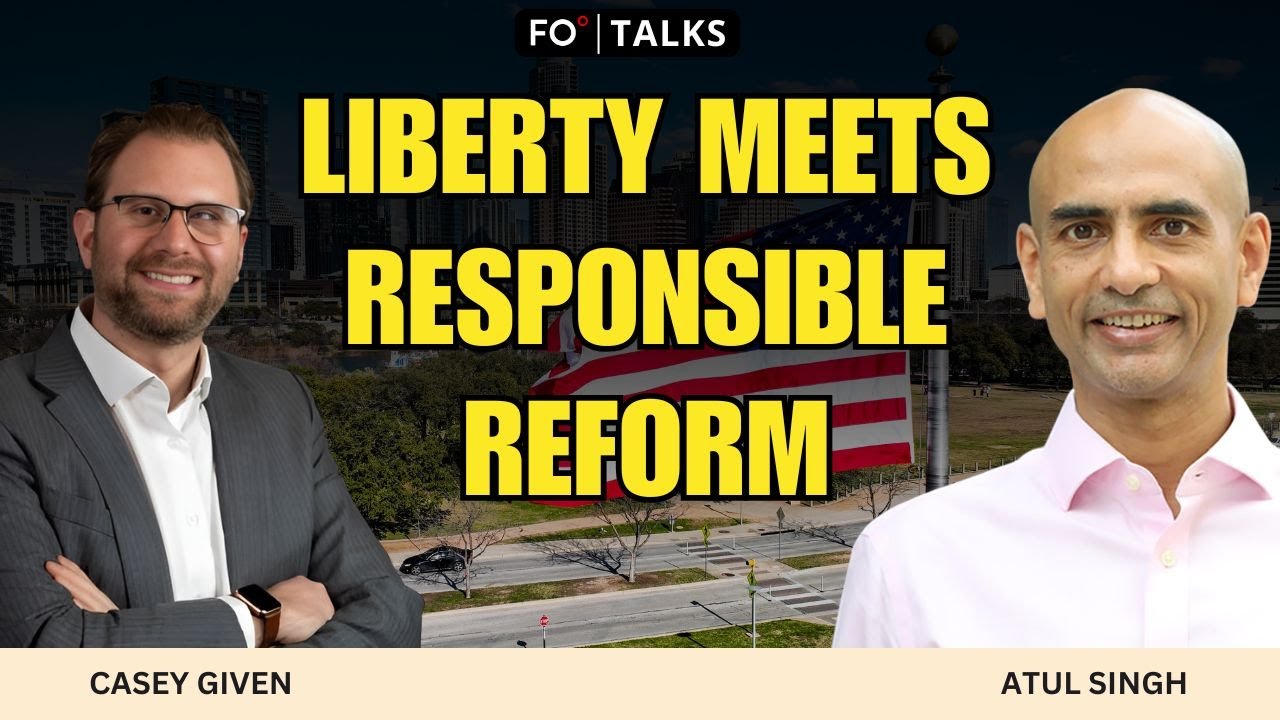
FO° Talks: The Case for a Responsible Right in the US
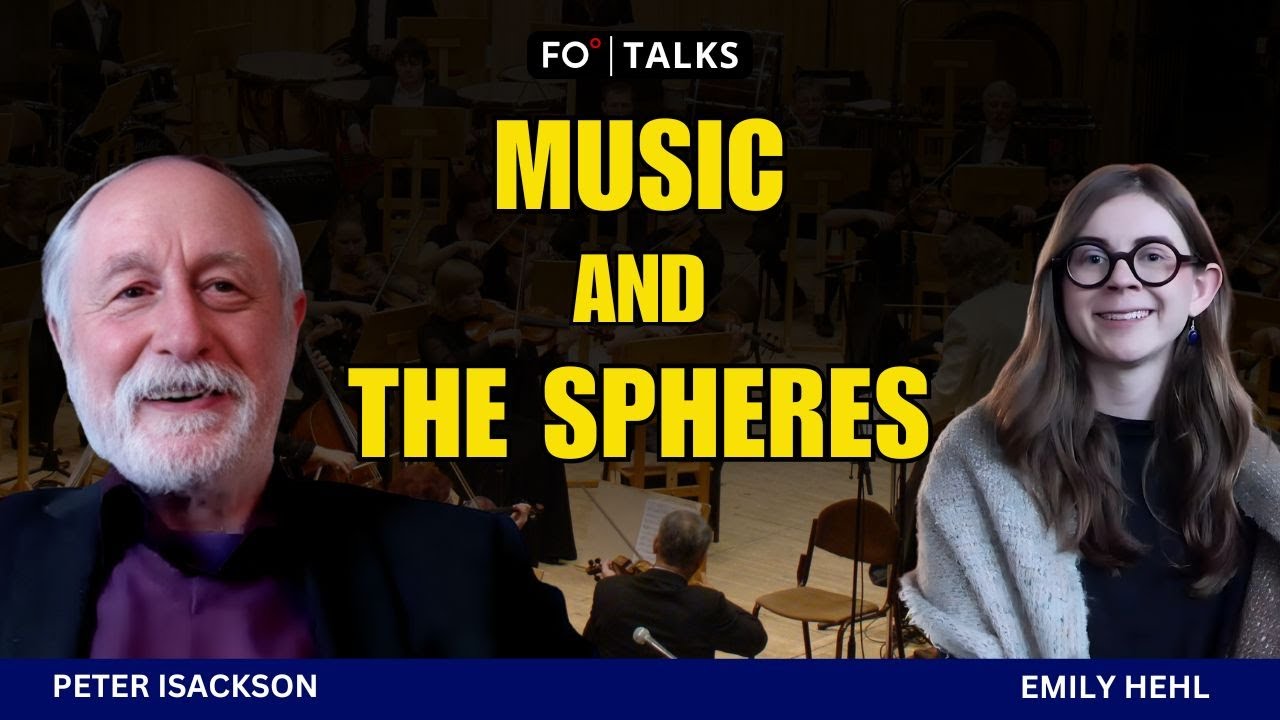
FO° Talks: The Culture of Culture, Part 4: The Sacred Origins of Music

FO° Talks: The New Strategic Landscape in India–Pakistan Relations
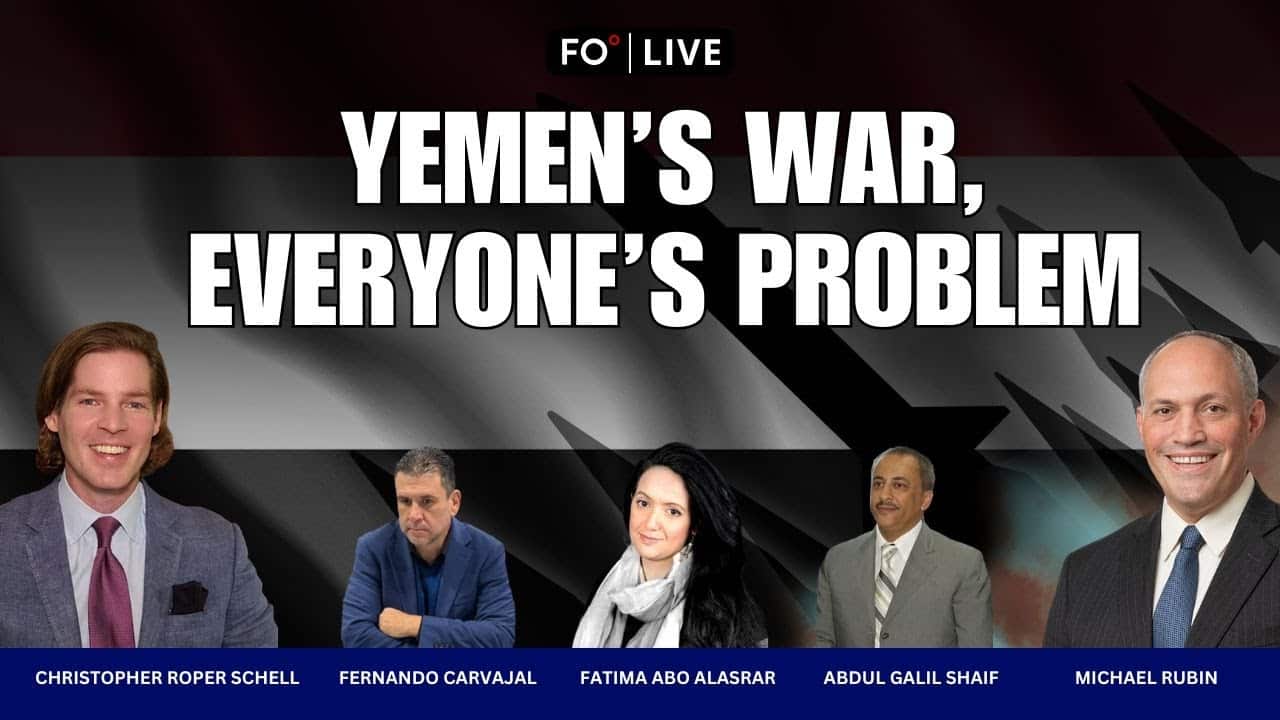
FO° Live: Make Sense of the Houthis and Civil War in Yemen
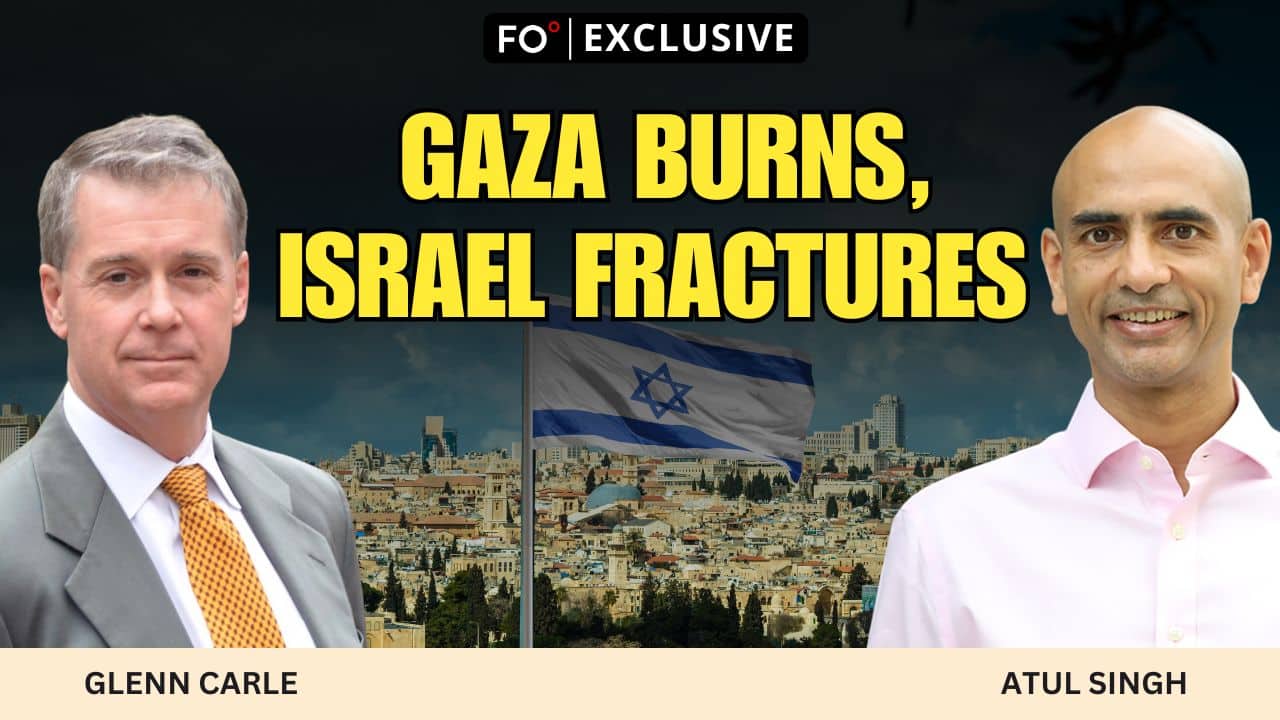
FO° Exclusive: Hunger Now Strikes Gaza and Big Crisis Brews in Israel

FO° Exclusive: US Budget and US–China Tariff Deal Unleash New Economic Uncertainty
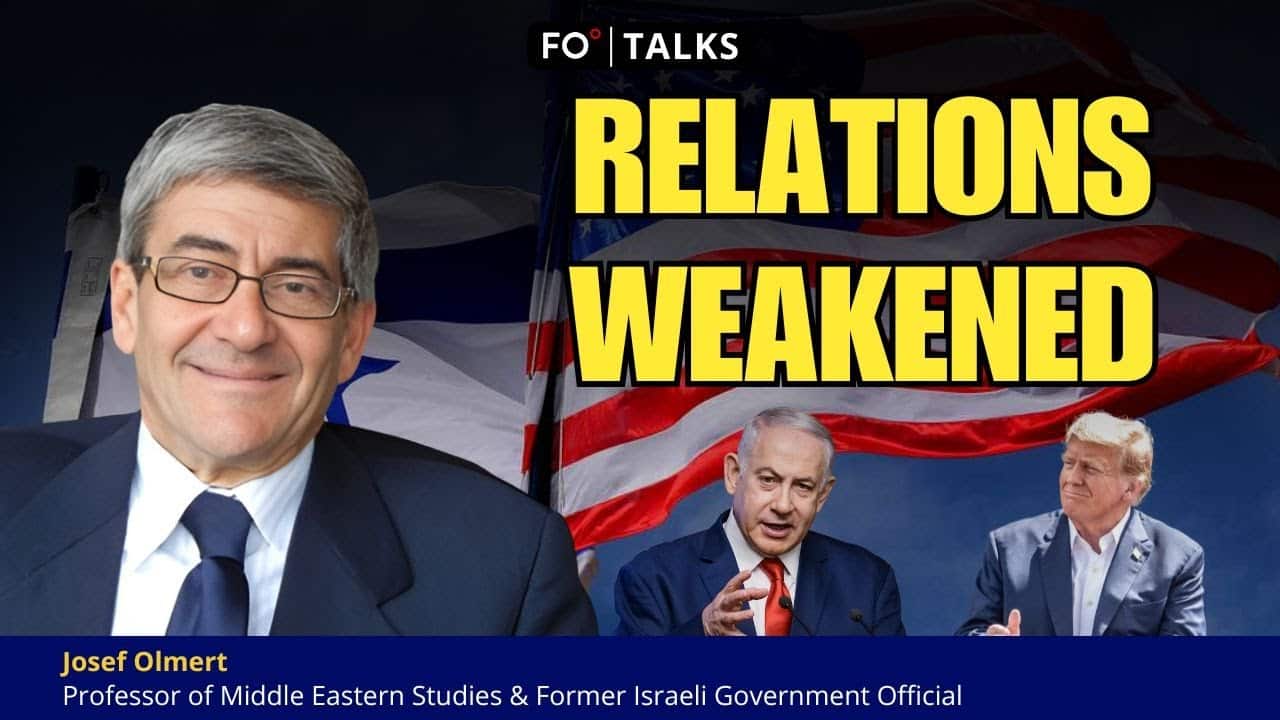
FO° Talks: US–Israeli Relations Explained, Part 3: Shifting Coalitions

FO° Talks: US–Israeli Relations Explained, Part 2: Consequences of the Six-Day War

FO° Talks: US–Israeli Relations Explained, Part 1: Post-World War II
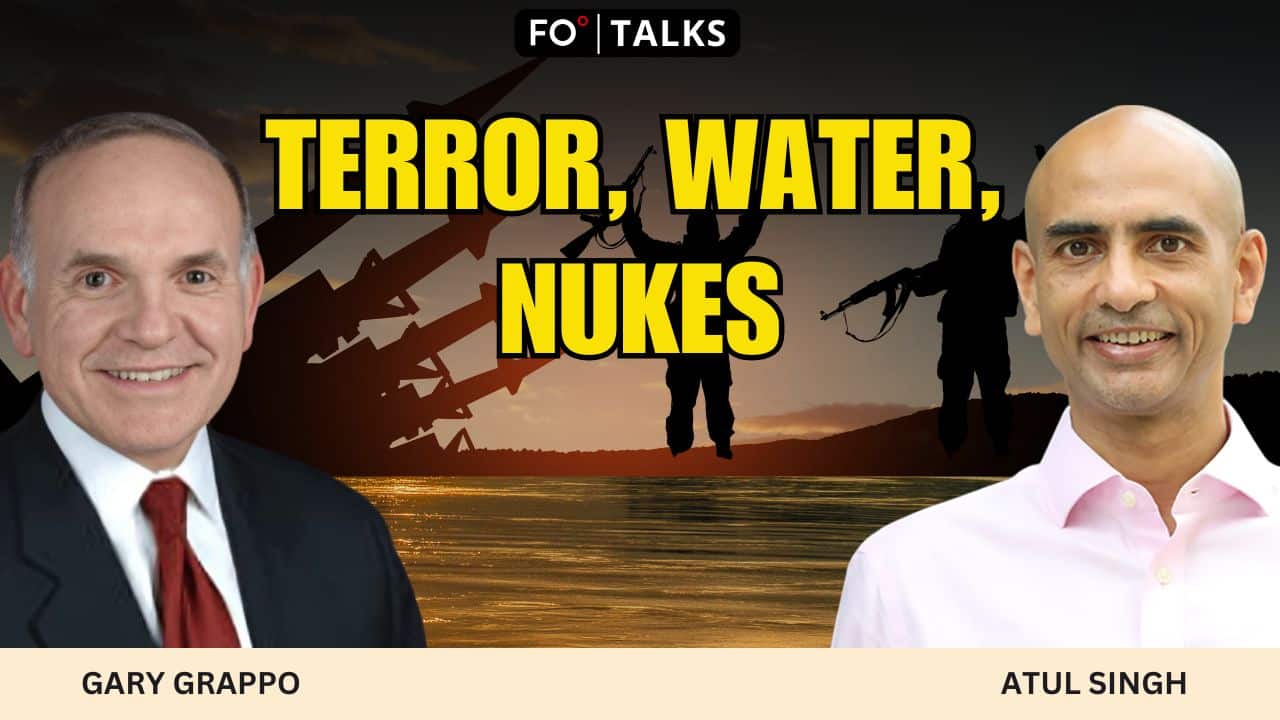
FO° Talks: Islamist Terrorist Attack Triggers New India–Pakistan Tensions
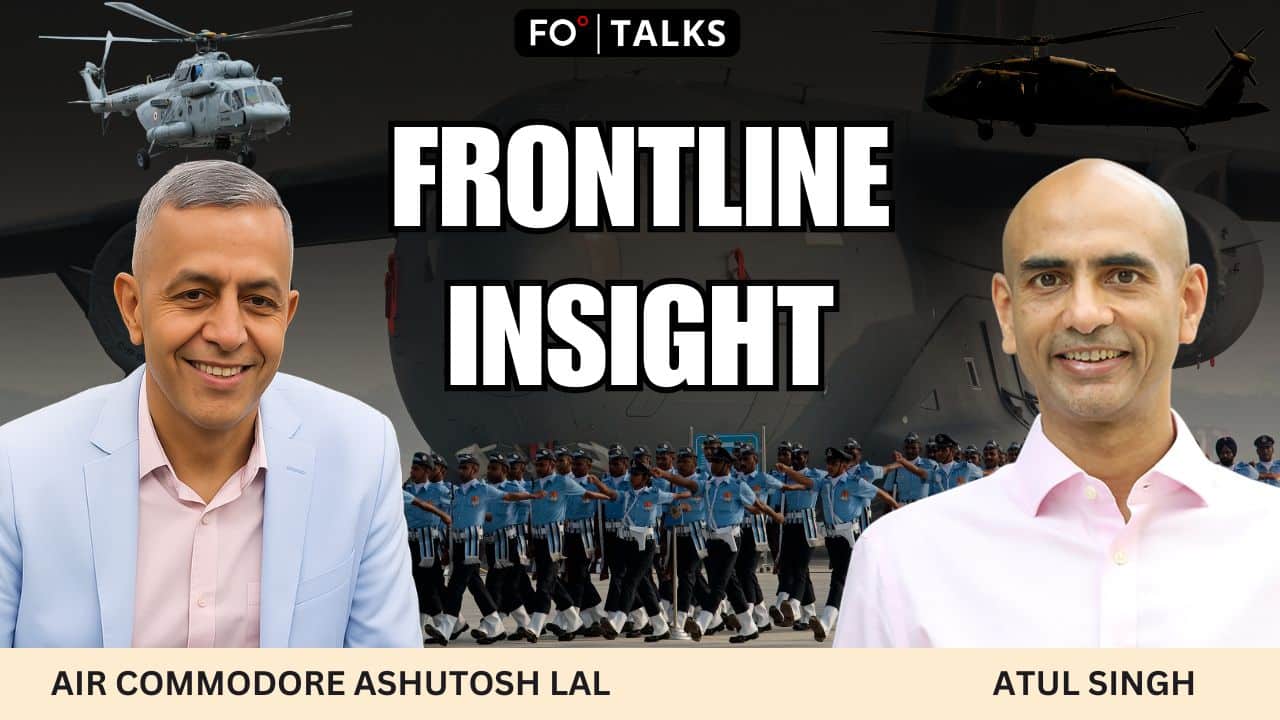
FO° Talks: An Indian Ringside View of the Russia–Ukraine Conflict
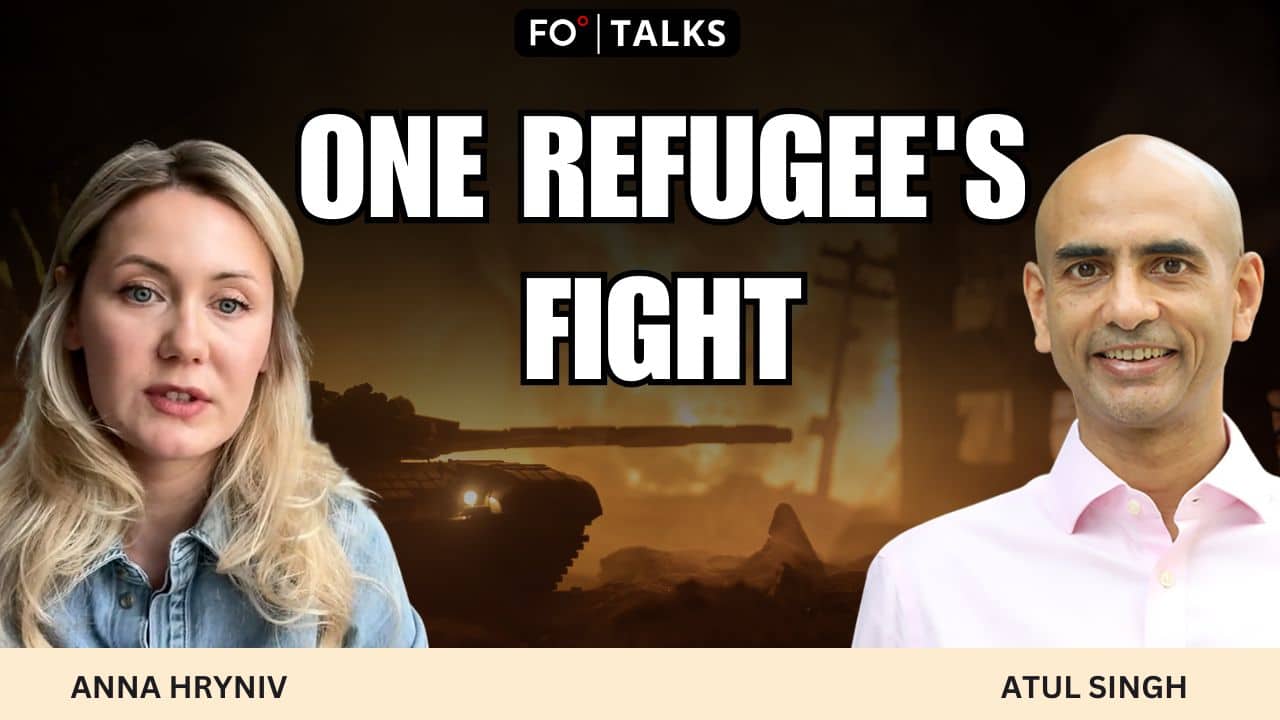
FO° Talks: A Ukrainian Refugee Reflects on the Russia–Ukraine War
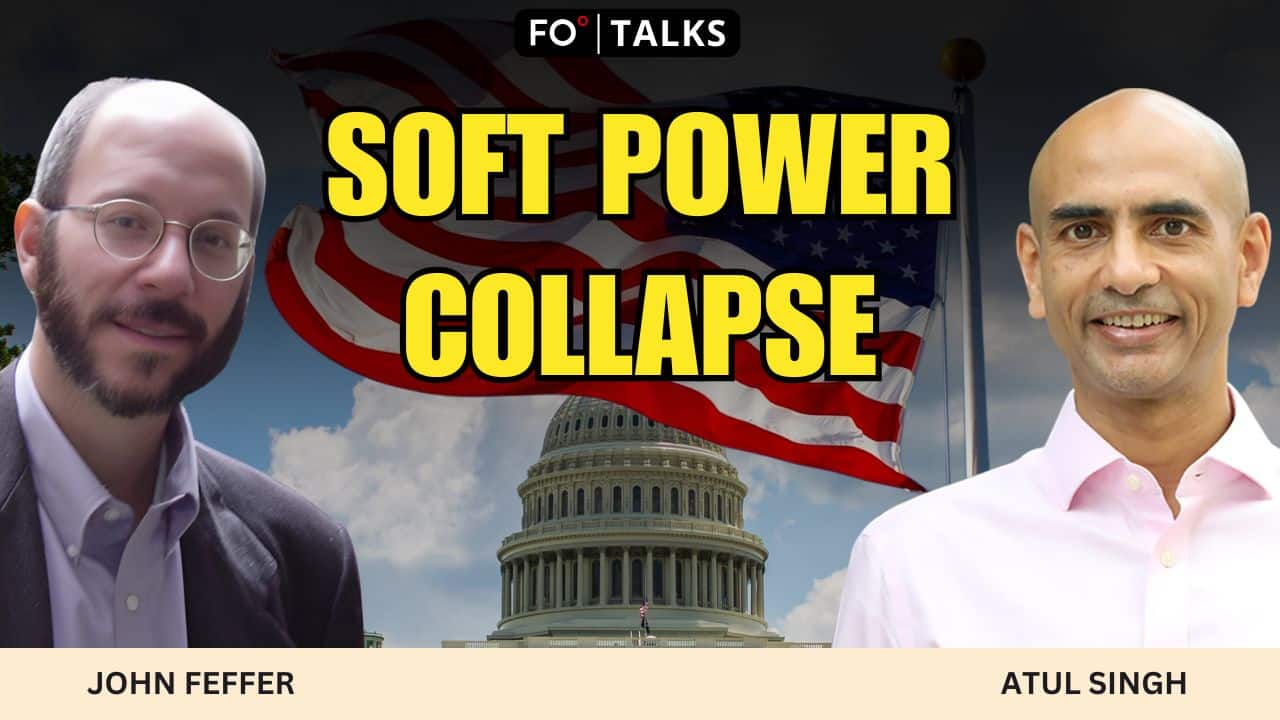
FO° Talks: Why US Soft Power Is Now Declining Dramatically
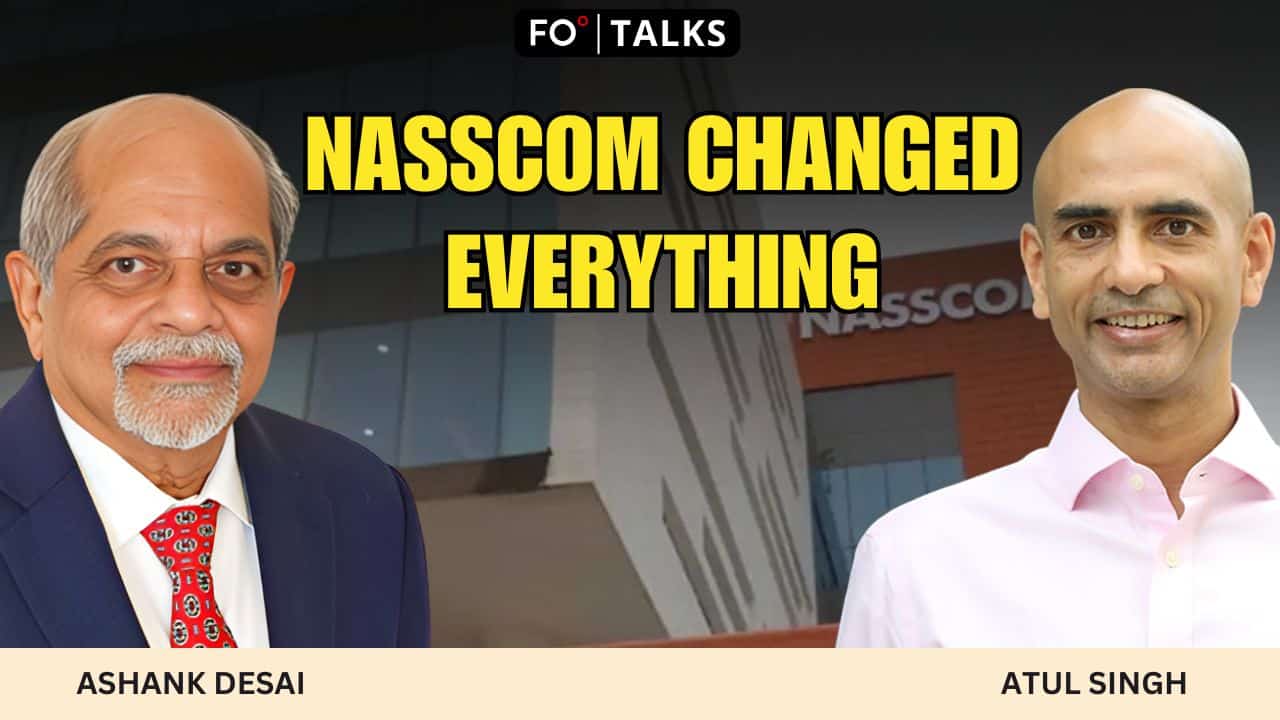
FO° Talks: The Story of the Indian IT Industry
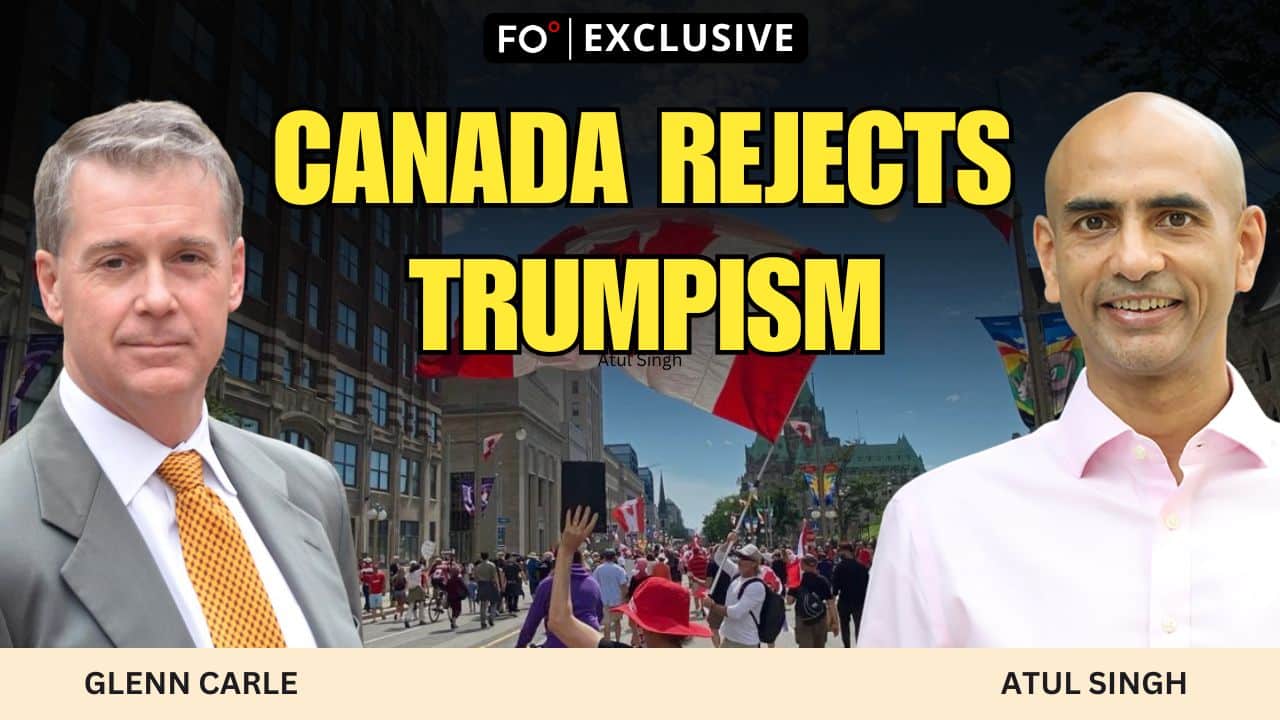
FO° Exclusive: Mark Carney Leads Liberals to a Fourth Consecutive Victory

FO° Exclusive: Pakistan’s Deadly Islamist Terror Attack, India’s New Water War

FO° Exclusive: Tariffs and the New Donald Trump Economic Revolution

FO° Talks: RDC, Rwanda and M23 Rebels


















